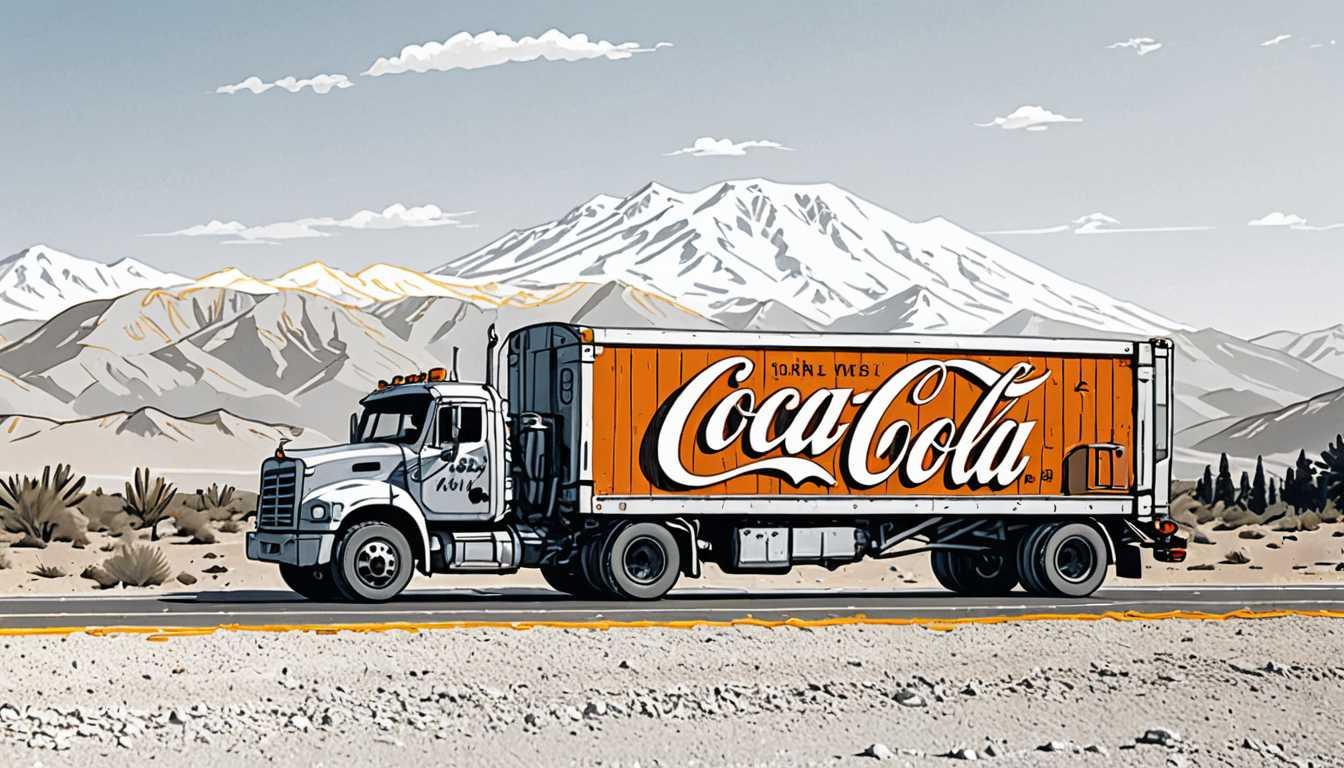Inequality: Climate Change's Accelerator
May 2022
University College London
Introduction
Dive into the fascinating world of how the rich's lavish lifestyles and the poor's fears are supercharging climate change, as revealed by University College London and Salem State University researchers. This eye-opening study, published in One Earth, connects the dots between inequality and skyrocketing greenhouse gas emissions. From the opulent consumption of the world's wealthiest 10% to the political muscle of big corporations blocking eco-friendly policies, discover how inequality is the hidden engine driving our planet's climate crisis. Ready to explore how tackling this imbalance could be our golden ticket to a healthier Earth? It's not just about saving the planet; it's about reshaping our society for the better!
READ FULL ARTICLEWhy It Matters
Discover how this topic shapes your world and future
Unraveling the Climate Conundrum
Imagine living in a world where the air you breathe and the water you drink are clean and pure. Now, picture the opposite - a world choked by pollution, where extreme weather is the norm. This isn't a plot from a dystopian novel; it's the reality we're steering towards if we don't address climate change. But here's the twist: the fight against climate change is deeply intertwined with the battle against inequality. The wealthiest slice of the population contributes massively to carbon emissions, yet it's the less affluent who bear the brunt of environmental policies, fearing job losses and price hikes. This scenario creates a deadlock, preventing effective climate action. Understanding this connection can inspire you to think critically about solutions that can make our planet healthier for everyone, not just the privileged few. This topic is not only about saving the environment; it's about fairness, justice, and building a world where everyone thrives together.
Speak like a Scholar
Greenhouse Gas Emissions
These are gases, like carbon dioxide and methane, that trap heat in the Earth's atmosphere, causing global warming and climate change.
Income Distribution
This term refers to how wealth is spread across different groups in society. An unequal distribution means that wealth is concentrated in the hands of a few.
Carbon-Intensive Industries
Industries, such as oil and gas production, that emit large amounts of carbon dioxide and other greenhouse gases.
Democratic Governance
A system of government where decisions are made through elected representatives, ideally reflecting the will and interests of the people.
Social Trust
The belief in the honesty, integrity, and reliability of others - a crucial component for a functioning society.
Progressive Social Reforms
Changes in society aimed at improving conditions for the majority, especially those that address inequalities in wealth, access to services, and political power.
Independent Research Ideas
The Role of Wealth in Environmental Degradation
Investigate how the lifestyle and consumption patterns of the world’s wealthiest contribute to environmental challenges.
Green New Deal - A Closer Look
Dive into the specifics of the Green New Deal proposals. What are they, how do they aim to tackle both climate change and inequality, and what are the criticisms?
The Psychology of Climate Change Denial
Explore why some individuals and groups resist acknowledging climate change, focusing on the psychological mechanisms at play.
Renewable Energy and Job Creation
Analyze how the shift to renewable energy sources can create jobs and whether it can be a solution to concerns about unemployment linked to environmental policies.
Impact of Climate Policies on Low-Income Communities
Examine how different climate policies affect low-income populations and propose solutions to mitigate negative impacts.
Related Articles

Lobbying's Light on Trade Secrets
April 2023
Massachusetts Institute of Technology (MIT)

Navigating Multinationals and Civil Society Interactions
November 2024
LSE Business Review

Election Meddling: Global Trust at Stake
July 2023
Dartmouth College

Land Rights: A Game of Power
April 2023
Massachusetts Institute of Technology (MIT)

Saving Tomorrow, Today
May 2023
Massachusetts Institute of Technology (MIT)